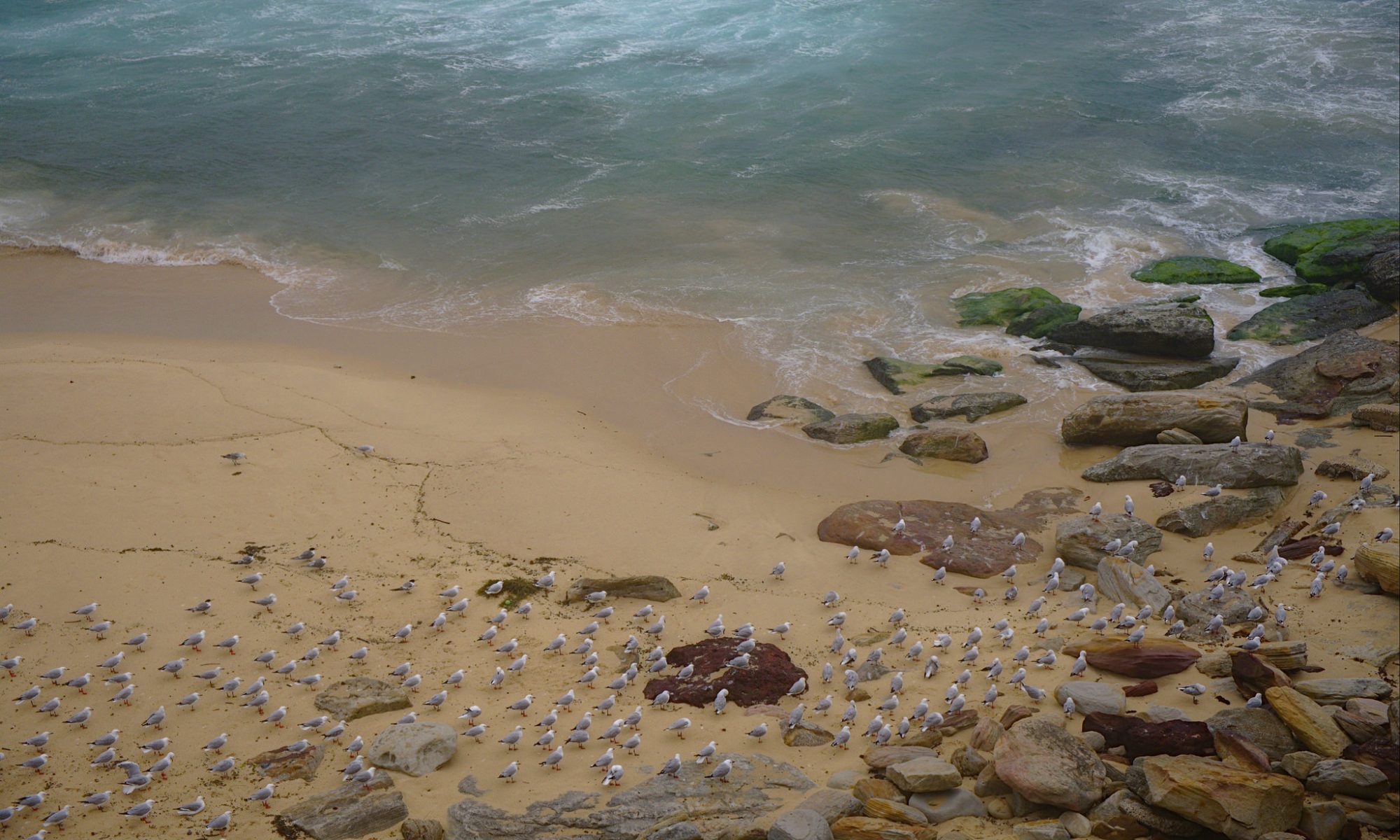This article originally appeared on Geek Feminism.
This is a 101 post and all of the links here are fairly well known to ‘net feminists, but Noirin being assaulted has caused newcomers to wonder what they can do to help create a safer environment for women and others at risk of assault.
Newcomers: we welcome your help! Here’s some things you could look at.
The Con Anti-Harassment Project: is a grass-roots campaign designed to help make conventions safer for everyone. Our aims are to encourage fandom, geek community and other non-business conventions to establish, articulate and act upon anti-harassment policies, especially sexual harassment policies, and to encourage mutual respect among con-goers, guests and staff.
They have a lot of material, see particularly their tips for conferences/conventions who want to create a policy and their FAQ. If you aren’t an organiser, you could make a point of requesting an enforced policy from conferences you attend, and thanking those that have them.
Check out the The Open Source Women Back Each Other Up Project & Gentlemen’s Auxiliary which is more informal: you can share stories of harassment, assault and successful backing each other up, organise meetups at cons you attend, and purchase gear.
Make it not okay, really not okay around you to say the kinds of things people said to and about Noirin. You, presumably, believe* that women can attend conferences and go to bars and have fun and have male friends and consensually touch people and have a romantic/sexual history and have photos of themselves online and be a feminist and have the absolute right to refuse consent to intimate social situations, to touching and to sexual activity. You, presumably, also believe people you personally despise, or aren’t your idea of fun, or who hold opinions you disagree with, or who have hurt you in some fashion, have the absolute right to refuse consent in the same way. You presumably believe that sexualised approaches to people, and sexualised interactions with them are harassment unless they are welcome. If you believe those, and you are around people who don’t, don’t let them believe that they are with allies, if and when you have the power for that to be safe.
Valerie Aurora points out also that if you attend events where harassment and assaults are happening and the event organisers and atmosphere are ignoring or contributing to the problem, stop going if you can. Support spaces that are doing better.
Finally, because I couldn’t find this written up in one place in a bite-sized way, don’t tell people what they have to or should do about abuse or assault or harassment. Abuse, assault and harassment are about withholding power from someone, about denying them self-determination. They need, and have a right to, the power to decide how to respond. It may be appropriate, if you are a witness or a good friend or an event organiser or the person on the spot or otherwise one of the people most likely to be able to help them, to offer them help in getting home, finding a shelter, getting some money, finding a crisis counsellor, going to the police, getting ongoing counselling, speaking out, overcoming fear of the next event, getting the hell out, now or in the future, as seems appropriate at that moment. And then let them decide whether they want to do that or anything else, and whether they want your help. (A reference in forming this thinking was Karen Healey’s Snakes in the grass. tigtog also pointed me at unusualmusic’s linkspam: Why didn’t you call the police? Part One.)
* If you do not believe the things in that paragraph we don’t really need to know why not.
